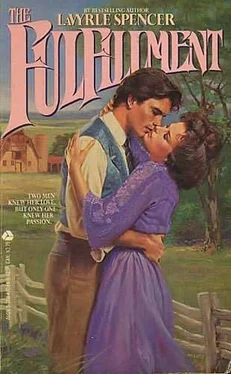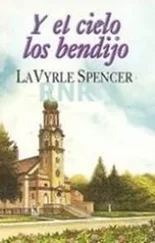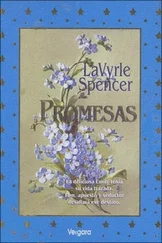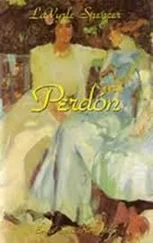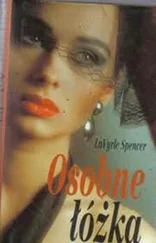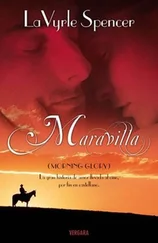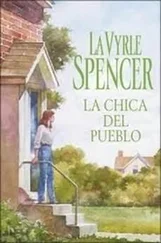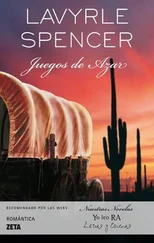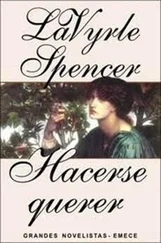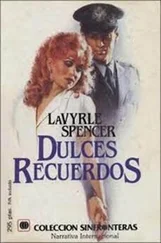She leaned to his bronzed face and laid her mouth lightly on his, knowing at last the fullness of their mutual harvest as she whispered with tears in her eyes, "We love you, too."
The days that followed were a heady beginning, harbingers of joys to come. For Aaron there was the pleasure of Sarah as well as Mary. He indulged in all the foolish, fatherly things he'd thought of, giving free rein to the love he felt for her.
For Mary there was an awakening of pride such as she'd never known before. He was so natural with Sarah and with her, although she held him at bay, his hands, arms, and mouth constantly wanting her.
He bought a tractor with the money he got from selling Vinnie. Aloysius Duzak bought the bull, and the sale was recorded under the animal's registered name, Vindicator. Duzak admitted he'd probably call the animal by his old nickname, then became self-conscious after he'd said it, remembering that the bull had killed Jonathan.
There was money left over after buying the tractor, and Mary used it for new curtains and wallpaper for Aaron's bedroom, informing him with an innocent look that Sarah would sleep better if she had the old front bedroom to herself.
Aaron couldn't resist teasing, "It'll be quieter there for her, too," loving the blush that came to Mary's cheeks.
As Mabel Garner so often said, weddings come in threes. This one was the third, and the most unexpected.
They were married in November. It was a small ceremony, but all the Garners were there to admire Mary in ivory satin, trimmed in seed pearls.
Mabel Garner told everyone later, "Damned if she wasn't the prettiest bride I ever seen!" Rumor had it that Mary had worn a lovely ivory gown of quaint design, but nobody knew where it had come from. Surely if it were an heirloom, she'd have worn it at her first wedding.
It gave the women of Moran Township food for a whole winter's gossip. They recalled Mabel Garner's telling them how she and Garner had found Aaron wandering the roads in shock after his brother's death. They recalled how he'd given up his home to Mary and Jonathan more than once, how he'd worked the land after Jonathan died, asking nothing in return. Long before spring, their husbands had tired of hearing the merits of "that boy" and how he'd married the girl, providing for her-with that young baby and all. They never failed to say, "What would Mary have done without Aaron?"
On their wedding night, after putting Sarah to bed, they tiptoed down the hall by lantern light. At the doorway Aaron picked up his bride and kissed her before carrying her into his old room, which wore a new look. When he saw the room, colorful and clean, he thought how Mary loved this house, how she felt so right in it and in his arms, and how neither of them would ever have to leave it again.
Setting her on her feet, he asked, "My darling, what would I do without you?" "You'll never have to ask again," she replied, pulling him toward the bed.
And their lantern burned brightly, long into the night.
